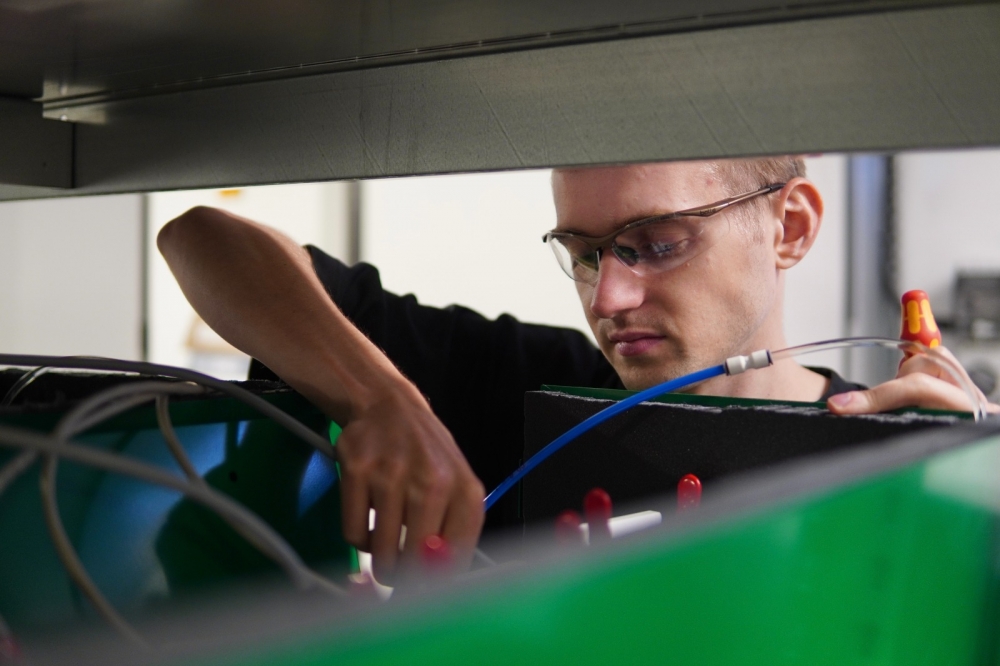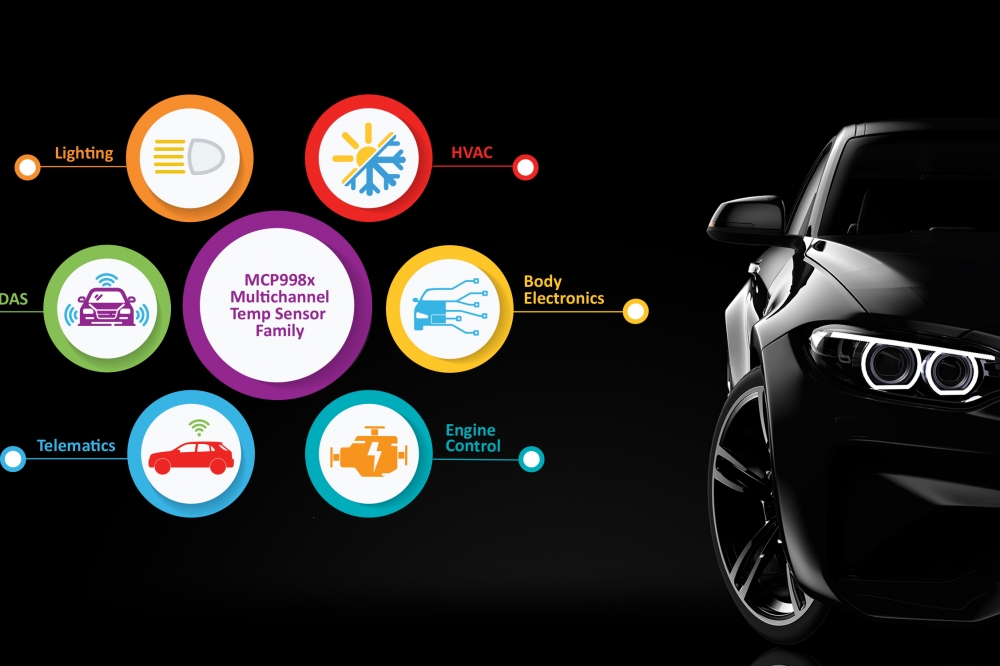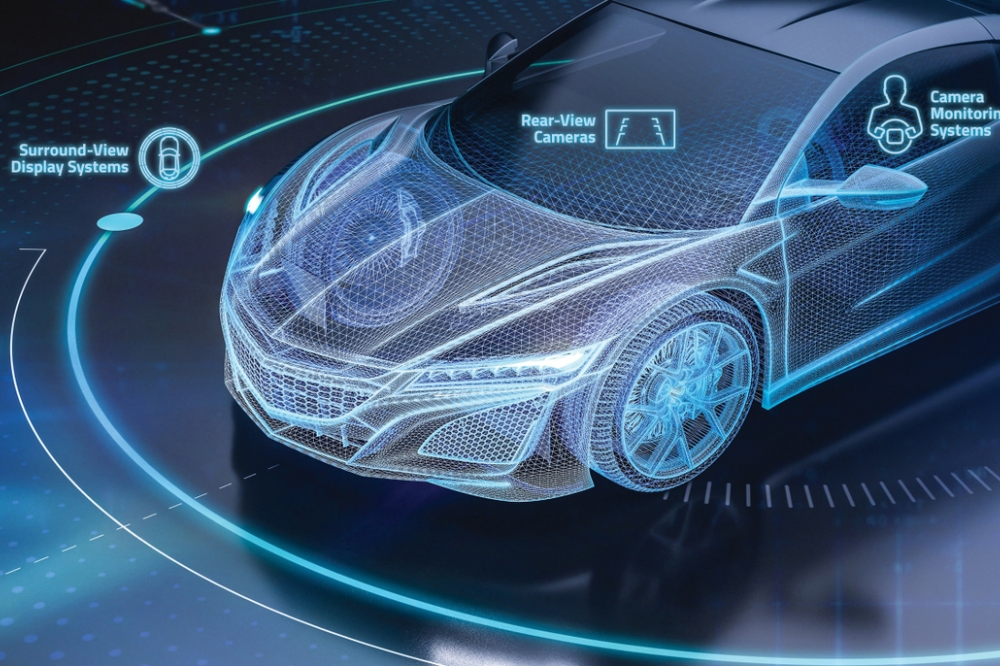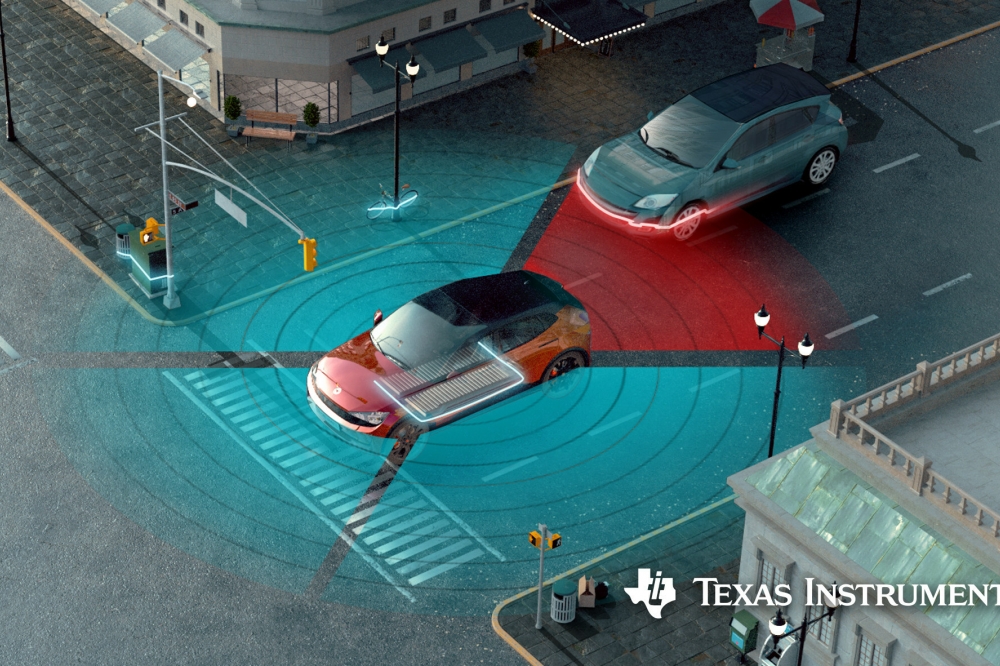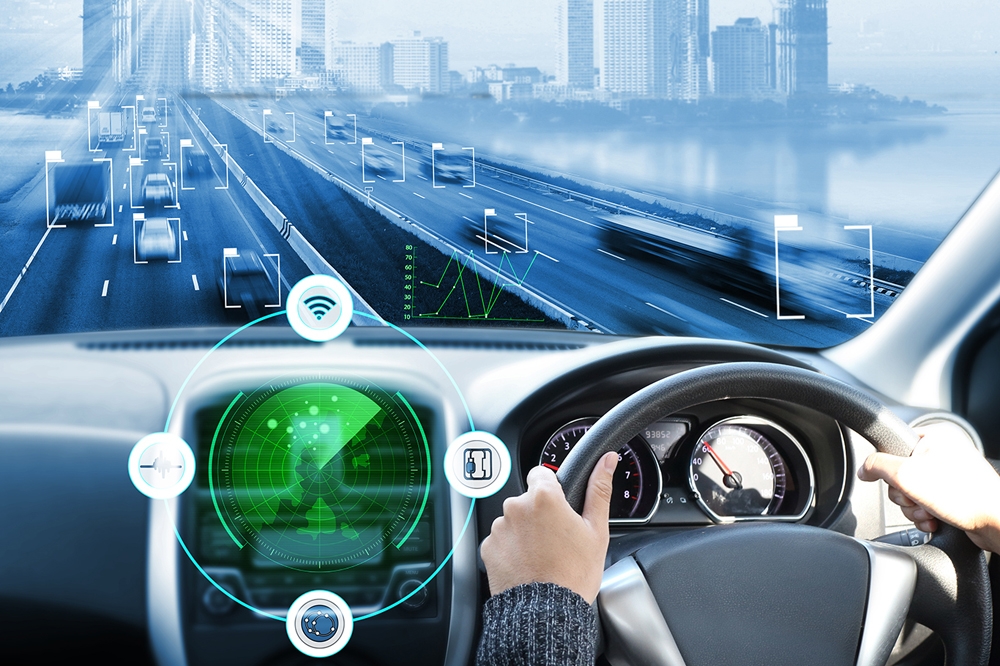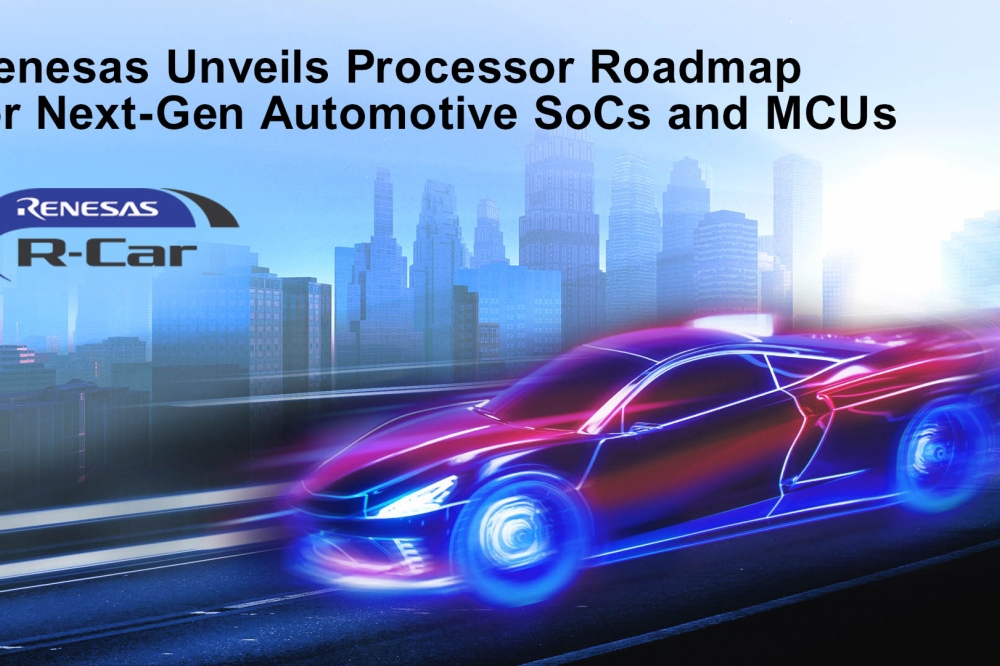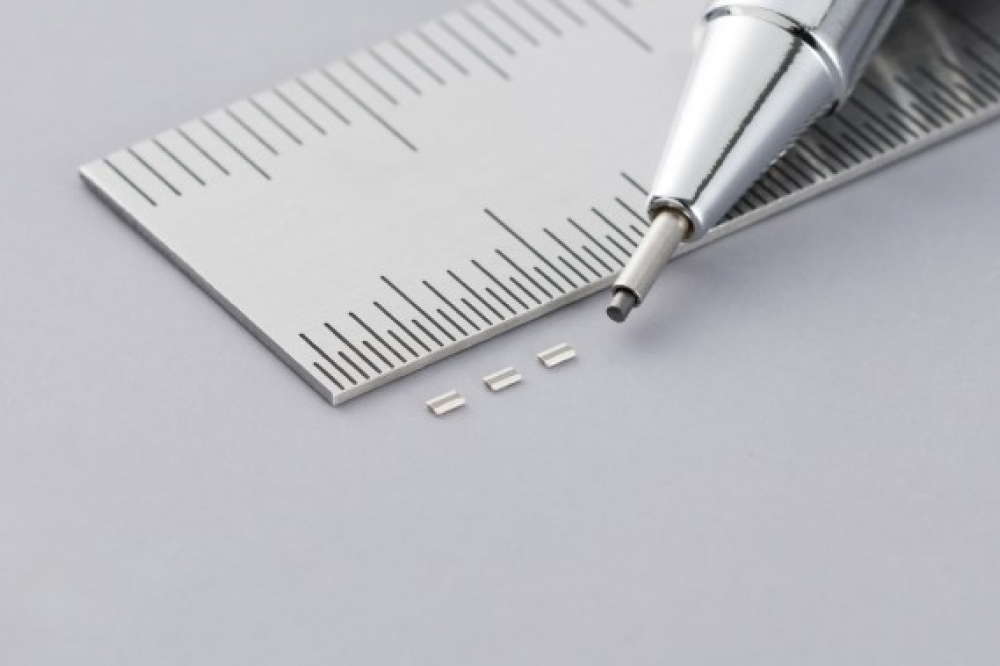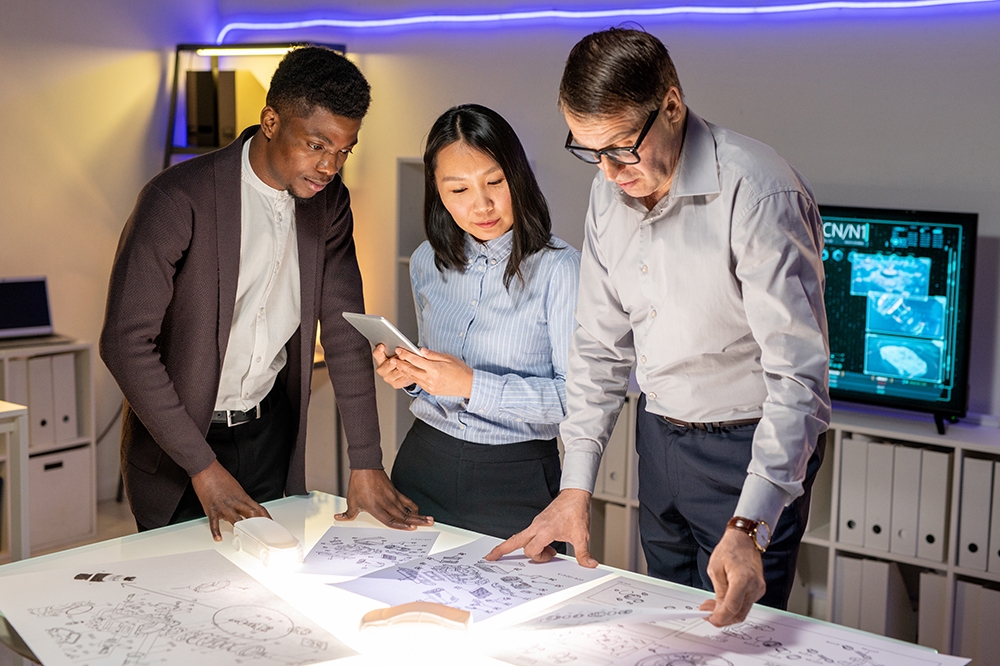Porsche adapts its processes to embrace e-mobility
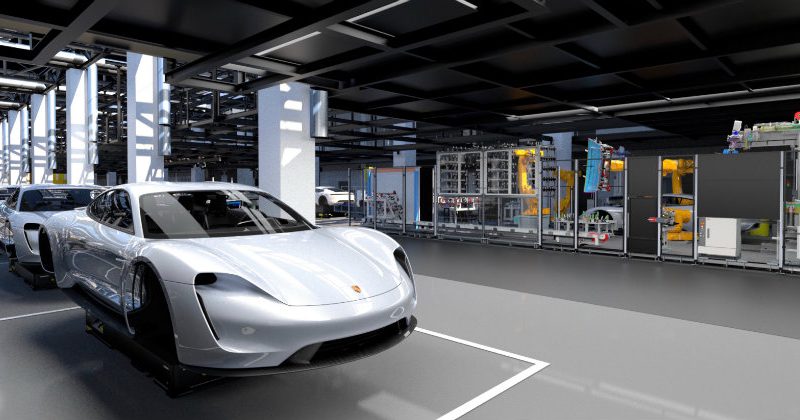
New technologies require new ways of thinking and working, including in quality management. That’s why, in preparation for its next step into electromobility, Porsche has created an extensive new training programme and adapted its processes.
Further drivers are digitalisation and smart mobility, alongside emotive qualities such as look and feel, these days content and software quality are increasingly important.
Frank Moser, Head of Corporate Quality at Porsche, commented, “The networking of components within the car, as well as the networking of the vehicle with its environment, are of ever-growing importance.” There is steady growth in the number of software modules used in cars, and a corresponding rise in what they are expected to achieve.
In addition, more and more functions are being moved from hardware to software – for example, services that can also be controlled using smartphones are becoming part of the overall car system, and of the customer journey. “We are handling this new aspect under the heading of content quality. These developments mean it is necessary to guarantee both the software in these products and their interaction with the car,” explained Frank Moser.
Emotional quality refers to the elements related to the perception, look, and acoustics of the car. As the advent of electromobility brings a silent drive system – where these used to be a dominant sound source – quality requirements are expanding in this area too.
“In interaction with the external dynamics, the silence inside the vehicle is really quite astonishing,” explained Moser. In an electric car, the senses of the employees monitoring quality are attuned to noises that were previously drowned out by the combustion engine drive system. “Suddenly the sounds of the wind, driving noise, or the fans for in-seat climate control come to the fore. The art is in maintaining the impression of value at the accustomed level while further reducing what was previously ambient noise,” Moser added.
“And of course, the quality of the look and feel is what makes a car perfect: its feel, workmanship and value.” Moser used the example of the screens installed in the vehicle to further illustrate his point: “As the number and size of displays increases, we also need to ensure that the colours and brightness of the various screens are visually calibrated to each other. In other words, colour matching is no longer relevant just for the exterior and interior.”
Corporate Quality is responding to changes in technologies and products by means of adapted structures and new processes. The area is now set up to be function-oriented, and no longer exclusively focused on individual components. “Today’s chassis is no longer just a chassis, but also incorporates the drive system and software,” explained Moser. This means Corporate Quality needs an understanding of the whole system, and relies on teams of experts from different areas.
Moreover, new expertise has been established in areas such as high-voltage technology and software quality, given that another crucial element in embracing change is the ability to quickly acquire new knowledge and develop new skills. Extensive training measures also contribute here. Agile working methods and agile project management enhance speed and efficiency.
Porsche adapts its processes to embrace e-mobility
Modified on Friday 2nd August 2019
Find all articles related to:
Porsche adapts its processes to embrace e-mobility


 Add to my Reading List
Add to my Reading List Remove from my Reading List
Remove from my Reading List